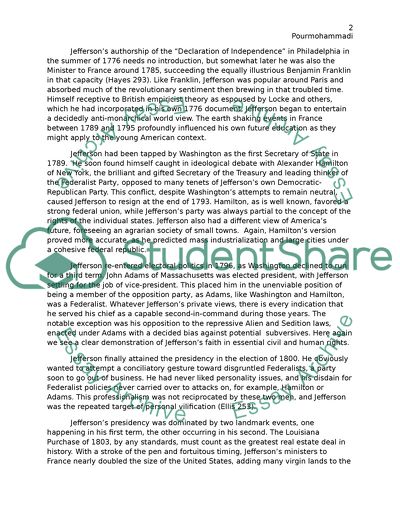Cite this document
(Thomas Jefferson as Inscrutable President Research Paper, n.d.)
Thomas Jefferson as Inscrutable President Research Paper. Retrieved from https://studentshare.org/history/1767419-thomas-jefferson
Thomas Jefferson as Inscrutable President Research Paper. Retrieved from https://studentshare.org/history/1767419-thomas-jefferson
(Thomas Jefferson As Inscrutable President Research Paper)
Thomas Jefferson As Inscrutable President Research Paper. https://studentshare.org/history/1767419-thomas-jefferson.
Thomas Jefferson As Inscrutable President Research Paper. https://studentshare.org/history/1767419-thomas-jefferson.
“Thomas Jefferson As Inscrutable President Research Paper”, n.d. https://studentshare.org/history/1767419-thomas-jefferson.


